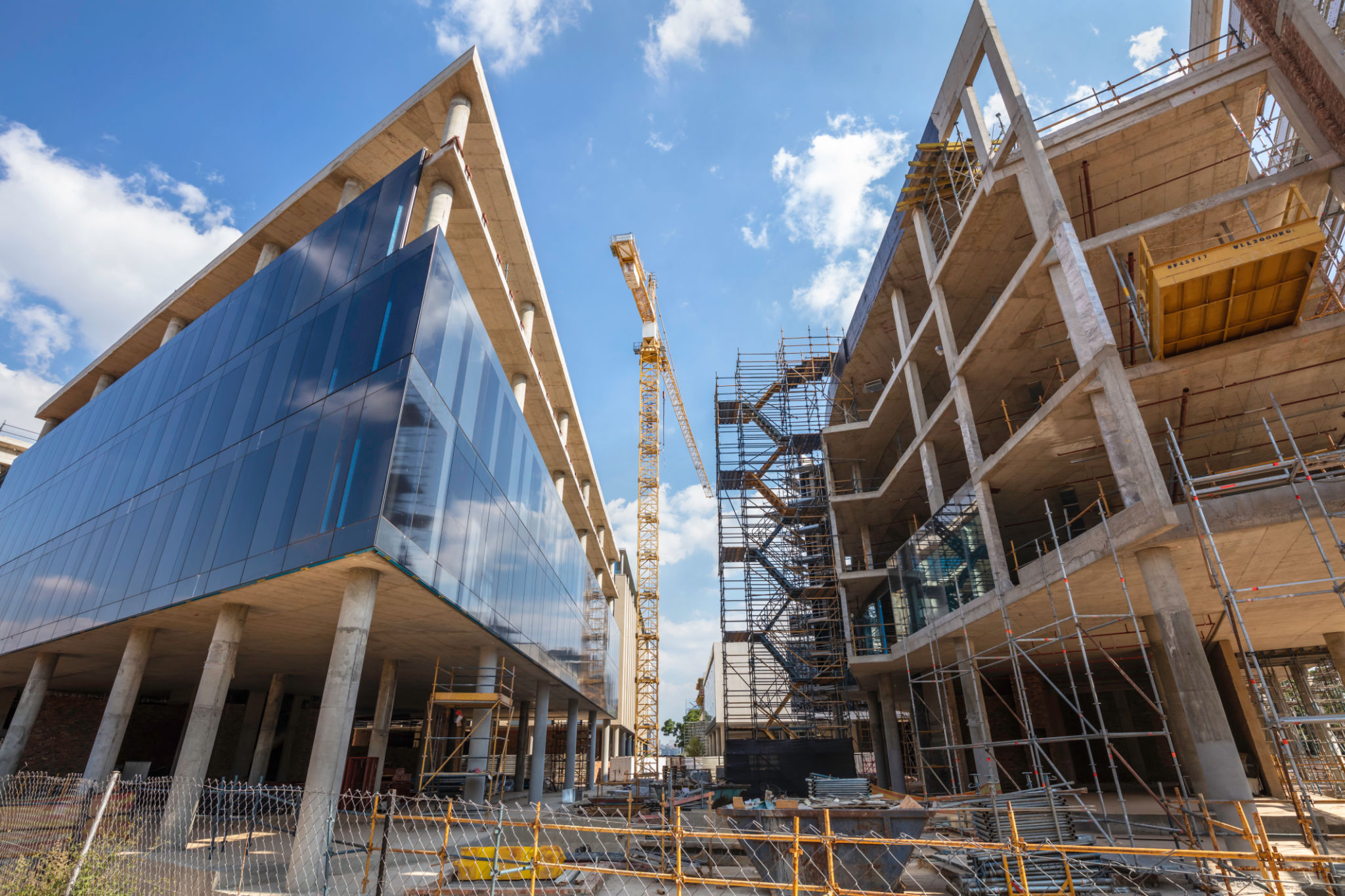Top Strategies for Effective Construction Debris Removal in Surrey
Understanding the Importance of Construction Debris Removal
Construction projects, whether large or small, generate a significant amount of debris. This debris can range from concrete and wood to metal scraps and hazardous materials. Efficient debris removal is crucial for maintaining a safe and organized construction site. In Surrey, where construction projects are continually on the rise, implementing effective debris removal strategies is more important than ever.

Planning and Organizing Debris Removal
The first step in effective debris removal is planning. Before starting any construction project, it's essential to create a comprehensive plan that outlines how debris will be handled. This involves estimating the types and amounts of debris that will be generated and determining the most efficient methods for disposal. By planning ahead, construction teams can ensure that debris is removed promptly, reducing the risk of accidents and project delays.
Segregation of Waste
An important strategy in managing construction debris is segregating waste at the source. By separating materials such as metals, wood, and plastics, it becomes easier to recycle and dispose of them properly. Segregating waste not only facilitates easier disposal but also reduces the environmental impact by promoting recycling.
Utilizing Professional Debris Removal Services
Hiring professional debris removal services is a highly effective strategy for managing construction waste. These services have the expertise and equipment necessary to handle debris efficiently and safely. In Surrey, several companies specialize in construction debris removal, offering tailored solutions to meet the needs of different projects.

Benefits of Professional Services
Professional debris removal services offer numerous benefits. They ensure compliance with local regulations, provide necessary permits, and dispose of waste responsibly. Additionally, these services can help in recycling efforts, turning waste materials into reusable resources. By outsourcing debris removal, construction companies can focus on their core tasks without worrying about waste management.
Implementing Sustainable Practices
Incorporating sustainable practices into debris removal processes is becoming increasingly important. This involves using eco-friendly disposal methods and prioritizing recycling. Construction teams can work with waste management companies to develop strategies that minimize environmental impact.
Recycling and Reusing Materials
Recycling is a key component of sustainable debris management. By identifying materials that can be recycled or reused, construction projects can significantly reduce their environmental footprint. For instance, concrete can be crushed and reused as aggregate, while wood can be repurposed for other projects.

Technology in Debris Management
Advancements in technology are playing a crucial role in improving debris management processes. From drones for site surveys to software that optimizes waste collection routes, technology helps streamline operations and increases efficiency. Utilizing these tools allows construction companies to manage debris more effectively while reducing costs.
In conclusion, effective construction debris removal requires careful planning, professional services, sustainable practices, and the integration of technology. By implementing these strategies, construction projects in Surrey can maintain cleaner sites, comply with regulations, and contribute to environmental conservation.